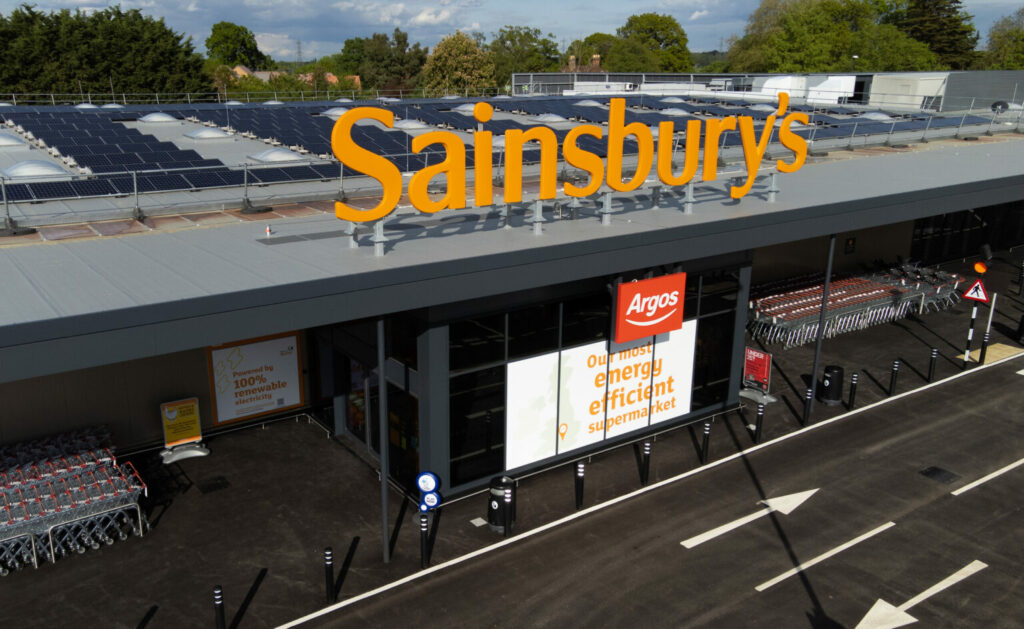// John Lewis Partnership releases new sustainable targets for grocer Waitrose
// It launched its new ‘Plan for Nature’, which saw it double down on its existing green pledges
John Lewis Partnership has set out a new sustainability strategy for Waitrose, focusing on “protecting and restoring nature”.
The retailer has launched its new ‘Plan for Nature’, which saw it double down on its existing green pledges and release new sustainability targets.
These targets include committing to zero deforestation in the sourcing of key commodities across all Waitrose and John Lewis own-brand product supply chains.
Subscribe to Retail Gazette for free
Sign up here to get the latest news straight into your inbox each morning
As part of the new biodiversity plan, John Lewis has struck a new partnership with the World Wildlife Fund (WWF) to invest £2 million in two new major conservation projects in the UK and India.
One of the projects aims to restore and protect nature in Norfolk, a key source of Waitrose meat, cereal and vegetable products, and the other will focus on improving the health of the Noyyal and Bhavani river basins in southern India, where it sources cotton.
In line with its pledge to fund biodiversity and nature conservation in key sourcing regions, Waitrose will also ensure at least half of its fresh foods come from areas that are managing water use responsibly by 2030.
“This year, as we considered both our heritage and our purpose, we have taken stock of the impact of our business on the world around us, and reaffirmed our long-term relationship with nature,” John Lewis Partnership ethics & sustainability director, Marija Rompani said.
“This is why we’re going back to our roots and focusing our efforts on protecting and restoring nature.”
The partnership said it would ensure all its UK supplier farms were net zero by 2035.
Furthermore, the company is committing to removing all fossil fuel use from its own transport fleet by 2030, and it will convert all heavy trucks to biomethane fuel in 2028.

















